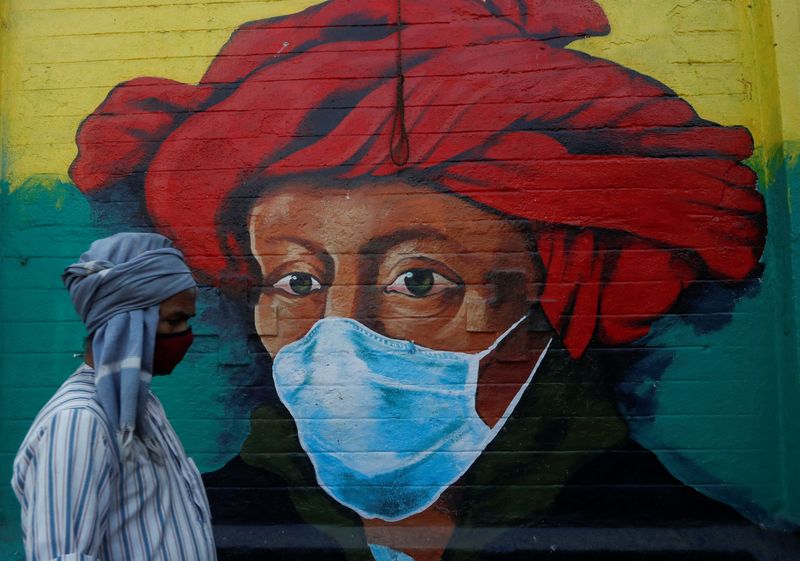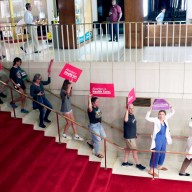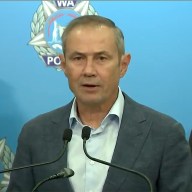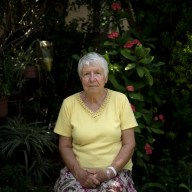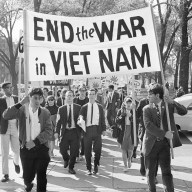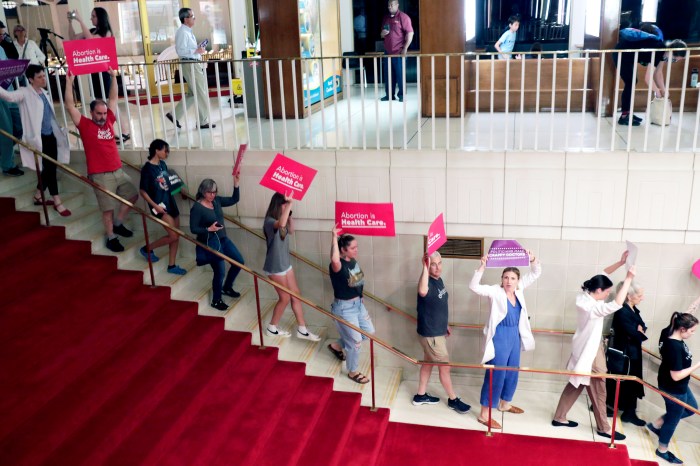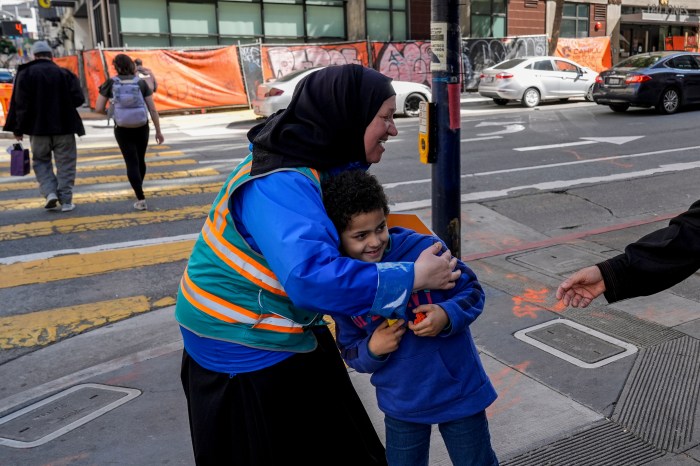(Reuters) – As the more contagious but less lethal Omicron coronavirus variant spreads, many European governments have relaxed restrictions to keep key services running.
Elsewhere, meanwhile, Nepal has banned large public gatherings and the Chinese city of Tianjin has tightened exit controls.
DEATHS AND INFECTIONS
* Eikon users, see COVID-19: MacroVitals 4098 for a case tracker and summary of news.
EUROPE
* Sweden will introduce more measures to keep rising COVID-19 cases under control and relieve pressure on the country’s healthcare system.
* The Omicron variant has become the dominant strain in the Czech Republic, the country’s National Institute of Public Health said.
* Britain’s prime minister is considering cutting isolation periods to five days and the country has put its biggest private health companies on high alert to deliver crucial treatments should Omicron overwhelm public hospitals.
* Spain’s prime minister said it could be time to track the pandemic differently because COVID-19 has become less lethal, adding that the government is working on rules to limit the retail price of antigen tests.
AMERICAS
* COVID-19 hospitalisations in the United States reached a new high of 132,646, a Reuters tally shows.
* The head of Brazil’s health regulator has asked the president to retract statements criticising the agency for authorising the vaccination of children.
* Mexico hit a record for daily infections over the weekend and its official death toll rose to 300,334 on Sunday while Brazil’s climbed to 619,981.
ASIA-PACIFIC
* More than 1 million Indians received their third vaccine dose as the country rolled out boosters for frontline workers and vulnerable elderly citizens, with the Omicron variant fuelling an eightfold rise in infections in 10 days.
* Nepal banned large public gatherings and closed schools across the Himalayan nation for nearly three weeks after a spike in coronavirus cases.
* The Philippines reported 33,169 new cases, marking the third straight day of record-high infections.
* The Chinese city of Tianjin tightened exit controls and is requiring residents to obtain approval from employers or community authorities before leaving town.
* World tennis number one Novak Djokovic was released from immigration detention after winning a court challenge to remain in Australia to pursue his bid for a record 21st Grand Slam title as coronavirus cases in the country passed 1 million.
AFRICA AND MIDDLE EAST
* Many Ugandan children returned to classrooms for the first time in nearly two years as schools reopened this week after their long pandemic-driven shutdown.
MEDICAL DEVELOPMENTS
* High levels of T-cells from common cold coronaviruses can provide protection against COVID-19, a study found, which could inform approaches for second-generation vaccines.
* People self-testing should swab their throat as well as nose when using rapid antigen kits to increase the chances of detecting the Omicron variant, a top Israeli health official said.
* Novartis and Molecular Partners could have an experimental drug on the market within weeks to treat COVID-19 patients.
* Pfizer’s CEO said he was unsure about the need for a fourth dose of COVID-19 vaccine, adding that a shot targeting the Omicron variant would be ready in March and the company’s COVID-19 pill could be approved by the EU drug regulator “within weeks”.
ECONOMIC IMPACT
* World stocks stumbled again while the 10-year Treasury yield hit a two-year high as bets that the U.S. Federal Reserve could raise interest rates as early as March led investors to pare risky assets. [MKTS/GLOB]
* Oil prices were steady as concerns over supply from Kazakhstan and Libya were offset by demand fears stoked by the rapid global rise in Omicron infections.
(Compiled by Valentine Baldassari, Sarah Morland and Shailesh Kuber; Editing by David Clarke and David Goodman)

